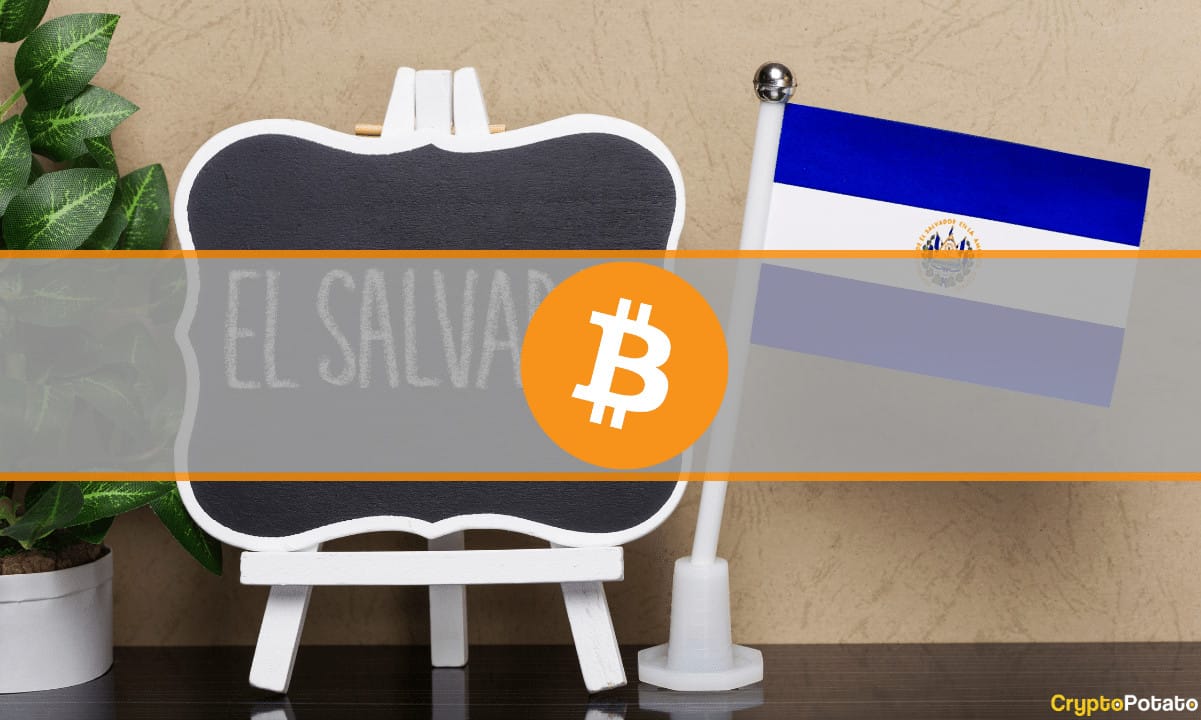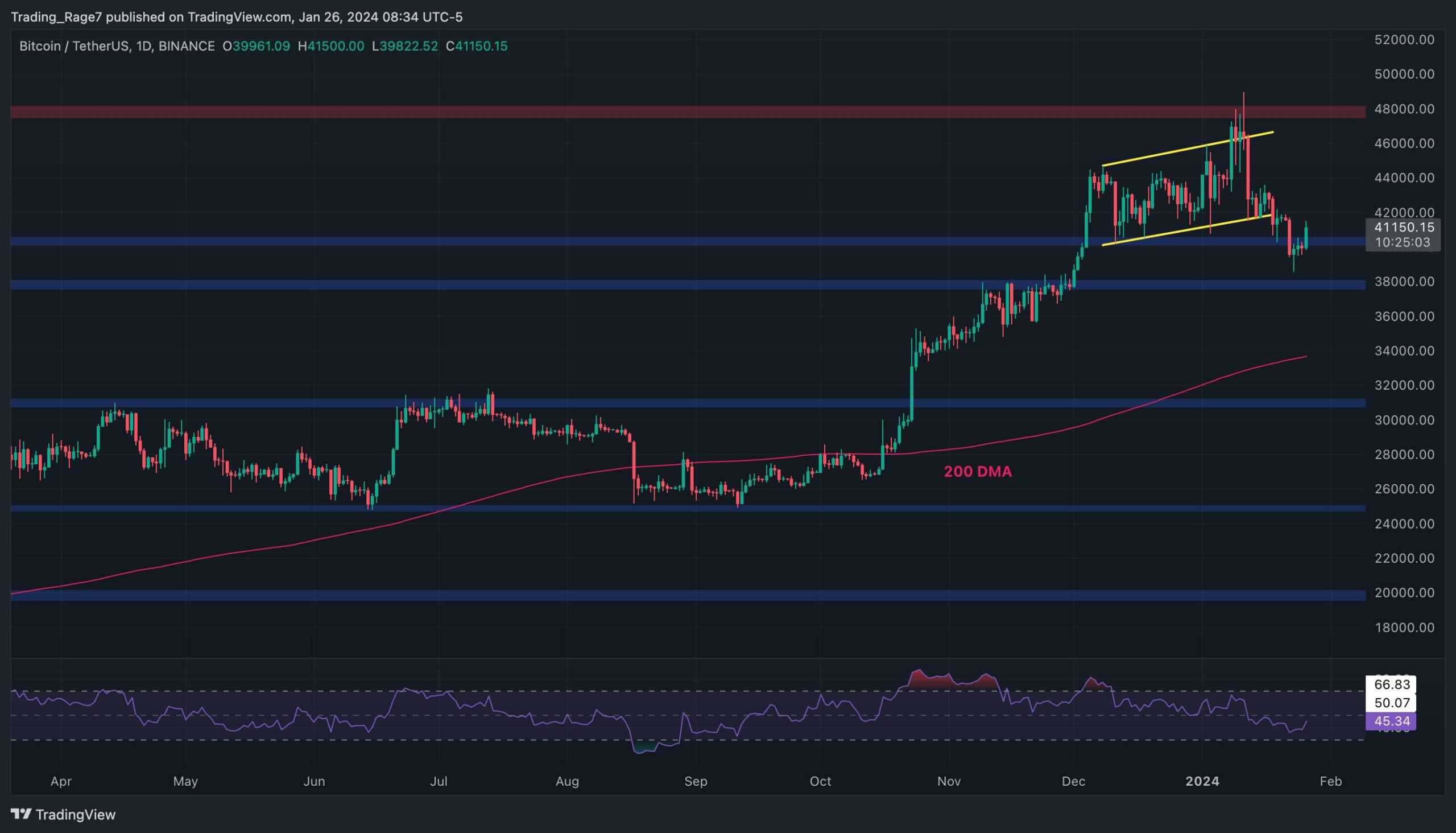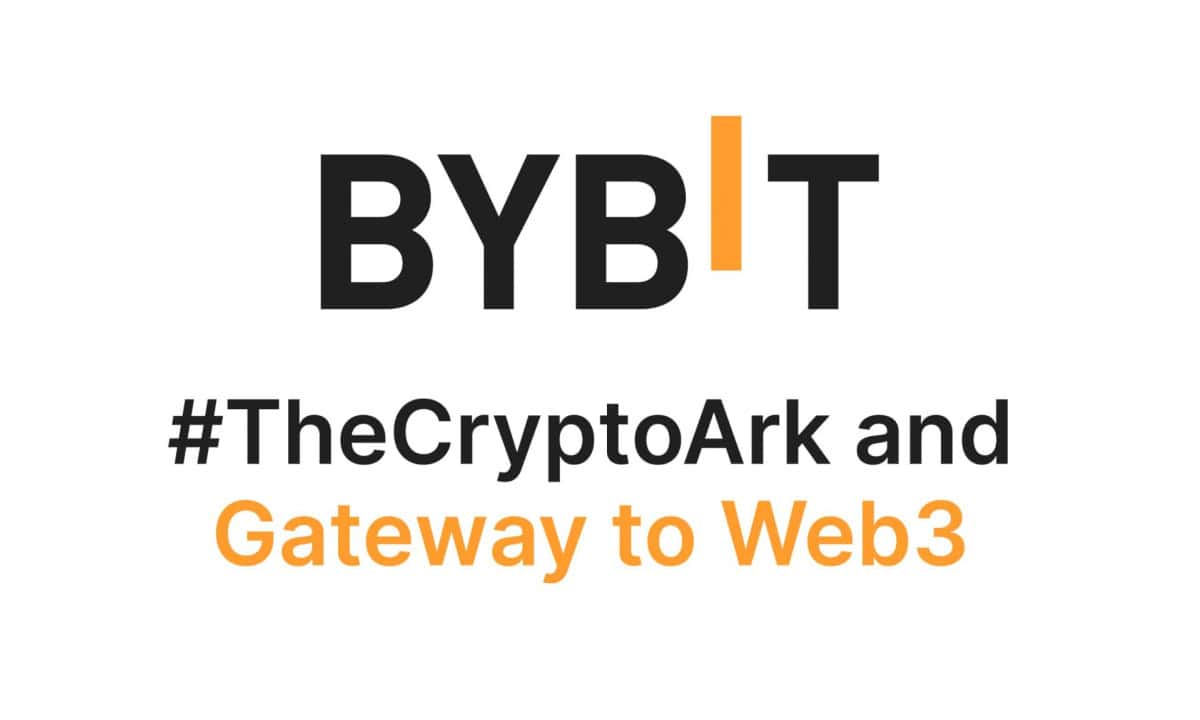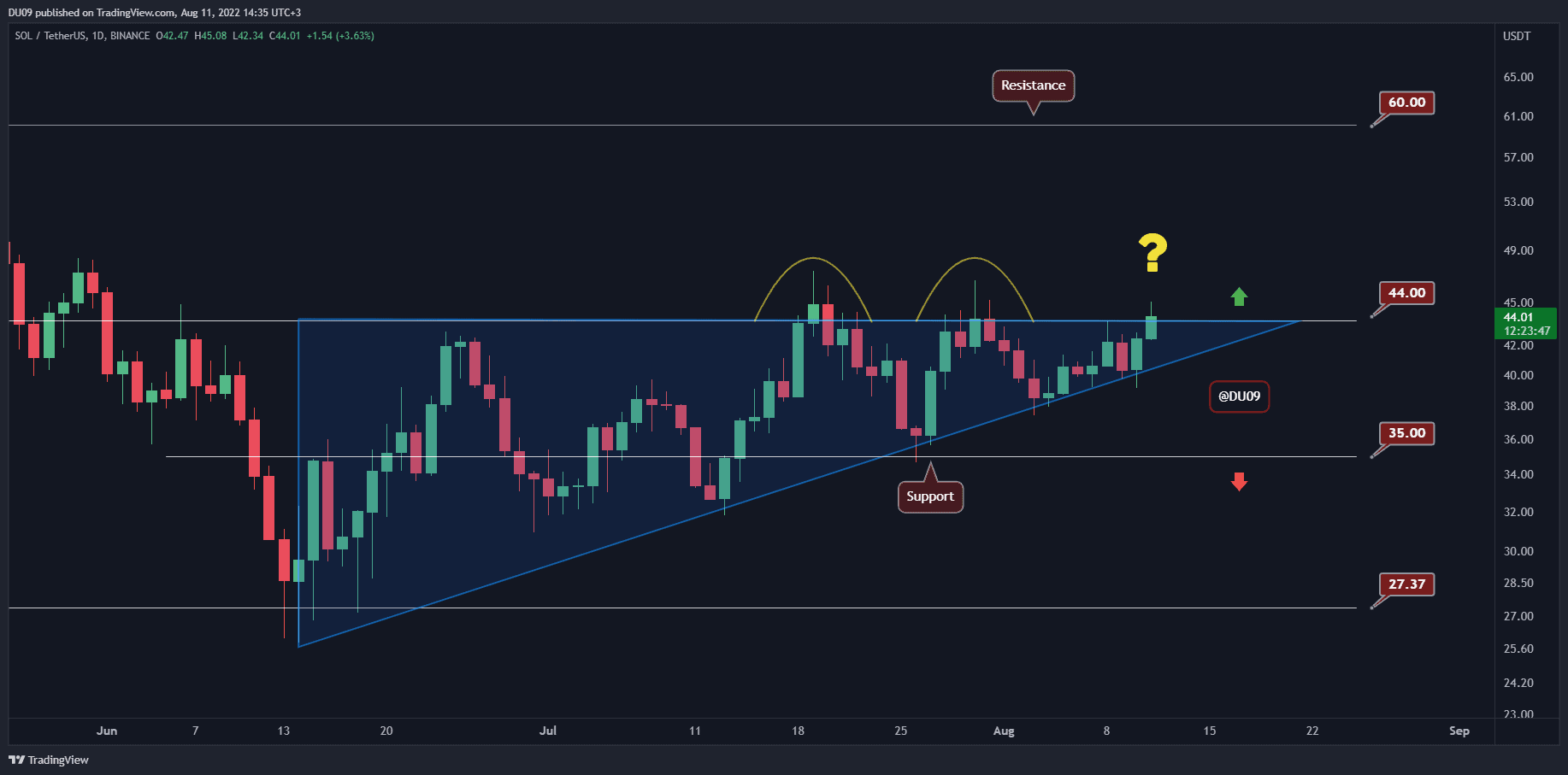Bazarswap: No Slippage Decentralized Trading Platform
[Featured Content]
Decentralized exchanges and automated market makers have taken a central stage in DeFi and the entire cryptocurrency industry, in general.
Looking at DeFi Pulse data, Uniswap is currently the third-largest protocol based on total value locked in it, eyeing a whopping $6 billion.
Sushiswap is also in the top 10, and it boasts over $4 billion in TV. This says that the market is ripe for solutions of this kind as investors look for additional means of interacting with cryptocurrencies, drifting away from centralized solutions.
However, this doesn’t mean that Uniswap and Sushiswap, as well as other similar DEX solutions, don’t have their problems. Slippage is perhaps the most common challenge, and there are already players trying to tackle it. Bazarswap is one of them.
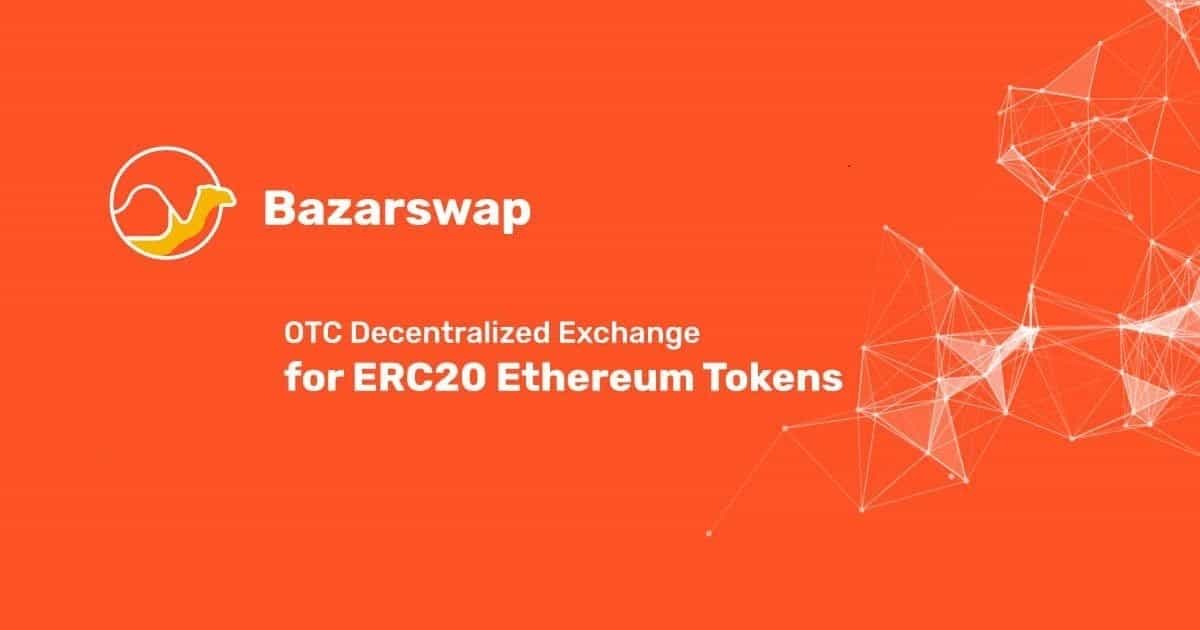
What is Bazarswap?
Bazarswap is a new type of decentralized exchange (DEX) operating with tokens based on Ethereum’s ERC-20 protocol standard.
Unlike Uniswap, users can “set for sale” various ERC-20 tokens, giving their own price parameters. In other words, instead of relying on the current market price, every user can sell their ERC-20 at the desired price.
The protocol was launched by the Minereum team (MNE). All ERC-20 tokens can be added for sale, and in this sense, Bazarswap functions as a decentralized peer-to-peer (P2P) exchange. Let’s have a look at the working process.
How Does Bazarswap Work?
One of the first things to consider above the exchange with the current set of capabilities is some of its inherent advantages. These include:
- Peer-to-peer trading.
- No slippage.
- No exchange fees (for now – at some point, this might change, according to the official website).
- Entirely decentralized.
- Support for all ERC-20 tokens.
- The tokens are never transferred to the exchange, and they remain in the seller’s address until they are bought.
The way it works is really simple. Users need to “set for sale” an ERC-20 token they have in their wallet and select the desired price.
Once this is done, they are free to transfer or deposit more coins without any restrictions – this will display the new balance to potential buyers on Bazarswap. Only when someone buys will the balance of the seller get reduced with the respective amount.
If the seller transfers all the coins out of the wallet, the exchange automatically identifies it and removes the order from trade pages. However, if, at some point later, the seller transfers the tokens back to the wallet, it will be shown for sale again without any further action.
Once there is a buyer, the amount they purchase is sent to them, and the seller receives ETH automatically.
Of course, there are certain drawbacks with this model – there’s always a risk that your tokens might not be bought because there are no sellers, but that’s an inherent disadvantage of any peer-to-peer exchange.
In any case, the entire process is particularly easy as all you need to do is intuitively follow it on the website while connecting a wallet such as MetaMask, for example.
To stimulate the growth of the platform and further its cause, Bazarswap is giving away up to 6 ETH through the Minereum Lucky Draw Tickets. To get a ticket, users need to go to Bazarswap, set a token balance for sale, and claim their free tickets on the Minereum website.

